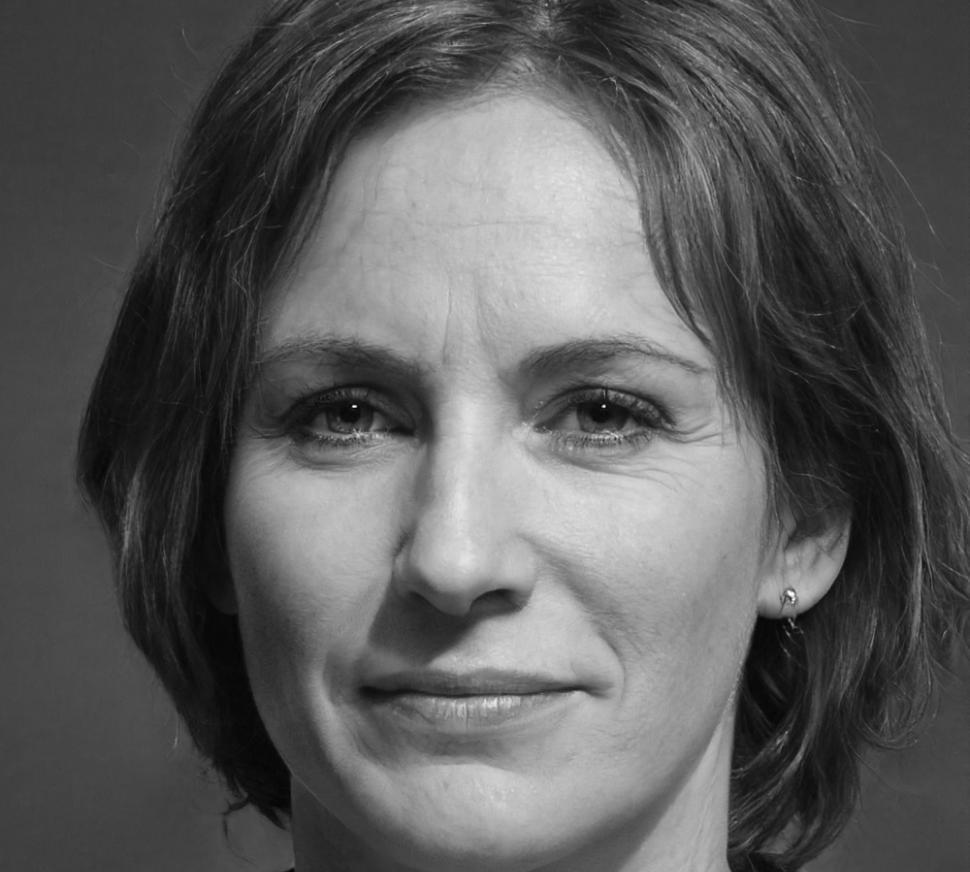Real Results from Real People
These aren't just numbers on a spreadsheet. They're stories of Australian families and businesses who took control of their finances and built the future they wanted. Each journey started with a simple decision to track their spending better.

Sarah Mitchell

Emma Kowalski
The Journey to Financial Control
Most people see meaningful changes within the first few months. Here's what a typical transformation looks like.
The Reality Check
People are often shocked by where their money actually goes. Coffee subscriptions, impulse purchases, and forgotten memberships add up fast. The first month is about seeing the full picture without judgment.
Finding the Leaks
Patterns become clear. Maybe it's the $50 weekly takeaway habit or that gym membership that hasn't been used in months. Small changes start happening naturally when you can see where every dollar goes.
Building New Habits
The tracking becomes automatic. People start making different choices without feeling restricted. They're not depriving themselves – they're choosing what matters most to them.
Long-term Confidence
Financial decisions become easier. People know exactly what they can afford and what they can't. Emergency funds grow. Future goals become achievable plans rather than wishful thinking.
What Our Community Achieved in 2024

From Paycheck to Paycheck to Financial Freedom
Marcus, a teacher from Brisbane, was earning $75,000 but couldn't understand why he was always stressed about money. His story shows how tracking expenses revealed spending habits he didn't know he had.
The Challenge
Despite a decent salary, Marcus was constantly worried about bills. Credit card debt was slowly growing, and he couldn't see where his money went each month. Every unexpected expense caused stress.
The Solution
Three months of detailed expense tracking revealed $650 monthly spending on convenience – food delivery, impulse purchases, and subscription services he'd forgotten about. Small adjustments freed up serious money.

Small Business Success Story
Lisa's consulting practice was profitable on paper but cash flow was unpredictable. Budget monitoring helped her understand seasonal patterns and make smarter business decisions.
The Challenge
Irregular income made it hard to plan ahead. Some months were fantastic, others were tight. Business expenses were mixed with personal spending, creating confusion about profitability and cash flow.
The Solution
Separating business and personal expenses revealed true profit margins. Identifying seasonal patterns allowed Lisa to save during good months for slower periods. Cash flow stress disappeared.
Ready to Write Your Own Success Story?
Every success story started with someone deciding to take control. The people you've read about weren't financial experts when they started – they were just tired of wondering where their money went.
Start Your Journey